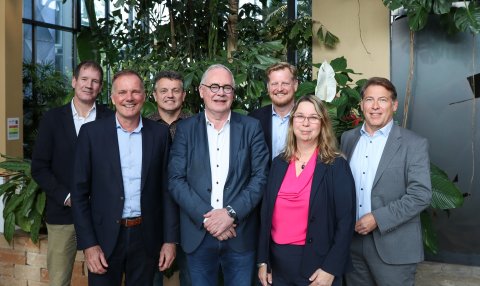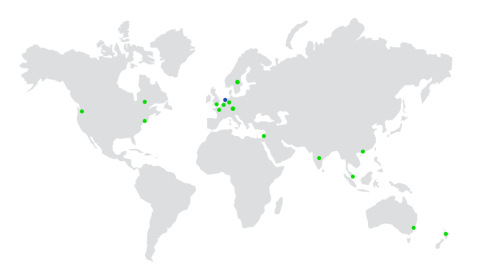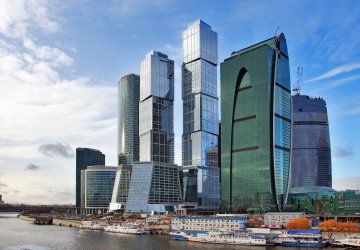
The Internet of Things (IoT) — I cannot think of any other subject being discussed more often today in our field of work. My inbox is consistently full of emails, conference invitations, white papers, and web casts all about this topic. To be honest, I believe I am one of the people adding to the stream as well—recently IFMA’s FMJ Magazine featured an article on the subject, which I wrote together with Eric Teicholz.
The Gartner 'Hype Cycles'
I often have reservations about adding fuel to the fire for the typical “IT rumor” about yet another new wave of innovation. Having been in this industry for decades now, I know we have been continuously moving from one hype to another. As an industry, we perhaps “overpromise” on some of these innovations, which is what probably inspired Gartner to produce a whole series of “Hype Cycles” in an effort to better define and explain what to believe and what not to just yet when it comes to trends in our market. However, I really think that on average the IT world has been doing a good job—just try naming other sectors of industry that have made the type of strides over the past decades as IT has. I can only think of a few.
The added value of the IoT for building management
IoT has many applications in all kinds of businesses and industries. We as an Integrated Workplace Management System (IWMS) vendor concentrate on buildings and people, the two key factors for real estate and facilities management. In addressing the IoT opportunities for our clients, one basic challenge we see is the ability to provide new IoT solutions that are affordable and manageable within the context of buildings. We can talk about a great application, however, when the technology behind it is complex and expensive, the great stories will remain but implementation will fall behind.
Working on adoptability is a priority, however, at the core of IoT for real estate and FM lies another question: “What is the value?” In other words, “What use cases will bring great value?”
Recent Gartner research on the adoption of IoT showed that “unclear business benefits” was ranked the number one concern by 28 percent of the respondents. I expect we will (again) see a lot of activity and many articles on the subject.
So, let’s talk about the benefits and applications. To begin, I would like to start from, perhaps, an unexpected angle. IoT infrastructures are comprised of many types of devices which communicate and share their data. So, imagine a building equipped with all types of sensors, smart meters, and devices all capturing and communicating data. Applications will tap into this data and use it to create valuable use cases.
The Internet of Things and Asset Management
However, what would happen if some of these devices fail at any given time? The applications that are dependent on their data will either halt or render unreliable results, destroying not only their value proposition but also the trust of people in the accuracy and reliability of the whole system as such.
In real estate and facilities management we have known for a long time that the installation of new things is not the difficult part. Making sure the new things continue to work throughout their full life cycle is, however, no simple task and lies at the heart of the business of maintenance and hence our IWMS. This is why, just like any other building-related asset, we enable IoT infrastructures to be put under our asset management. This way we can monitor components and maintain them appropriately, effectively looking after them throughout their life cycle.
In other words, at Planon we view IoT infrastructures and the devices in them as yet another class of assets. I do not know if this is a “sexy” topic, but I do know it is crucial to protect the value that we all expect to get out of IoT-related investments. Speaking of which, I’ll be writing more on valuable use cases and how we address them—food for later blogs.




















